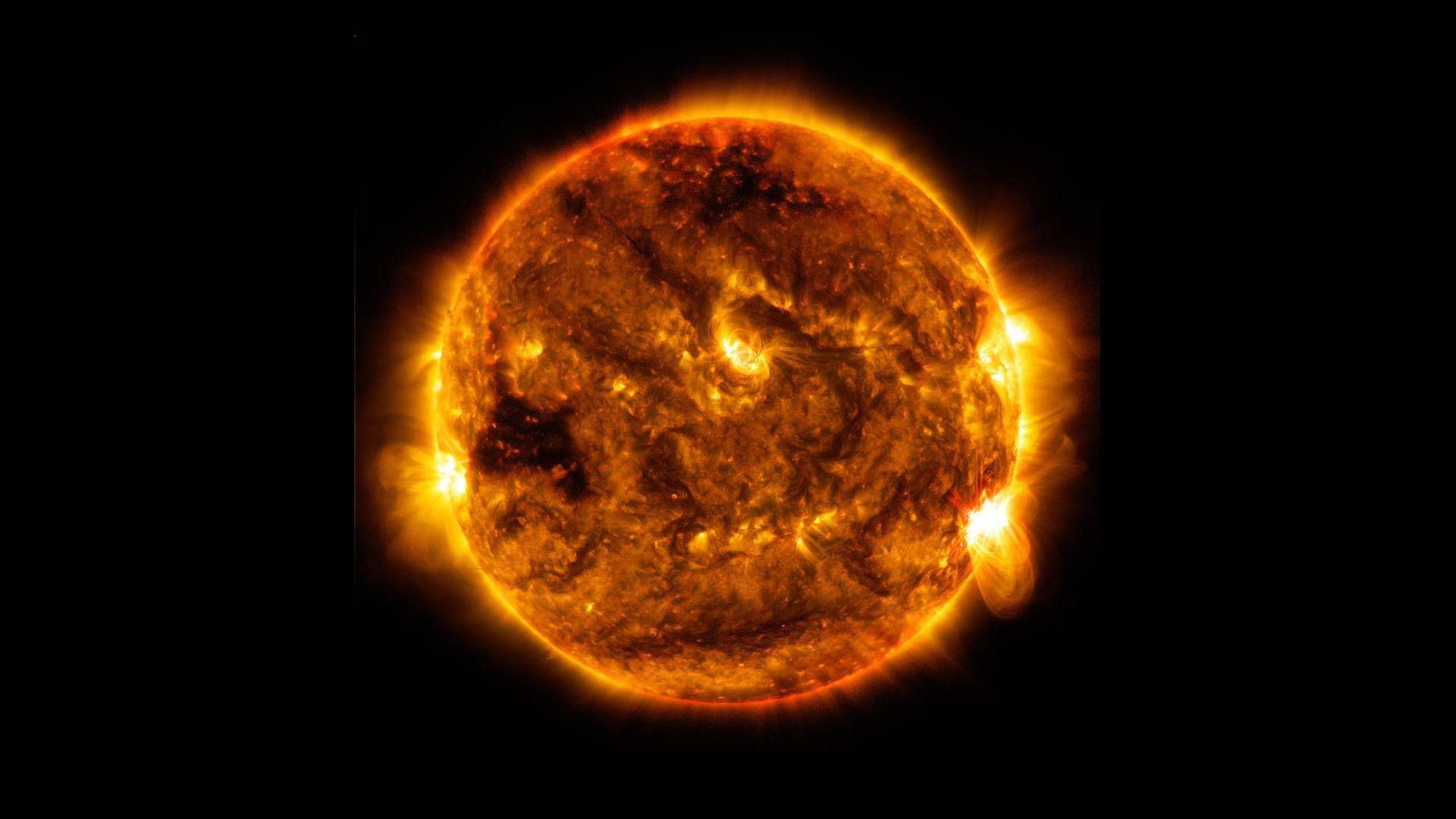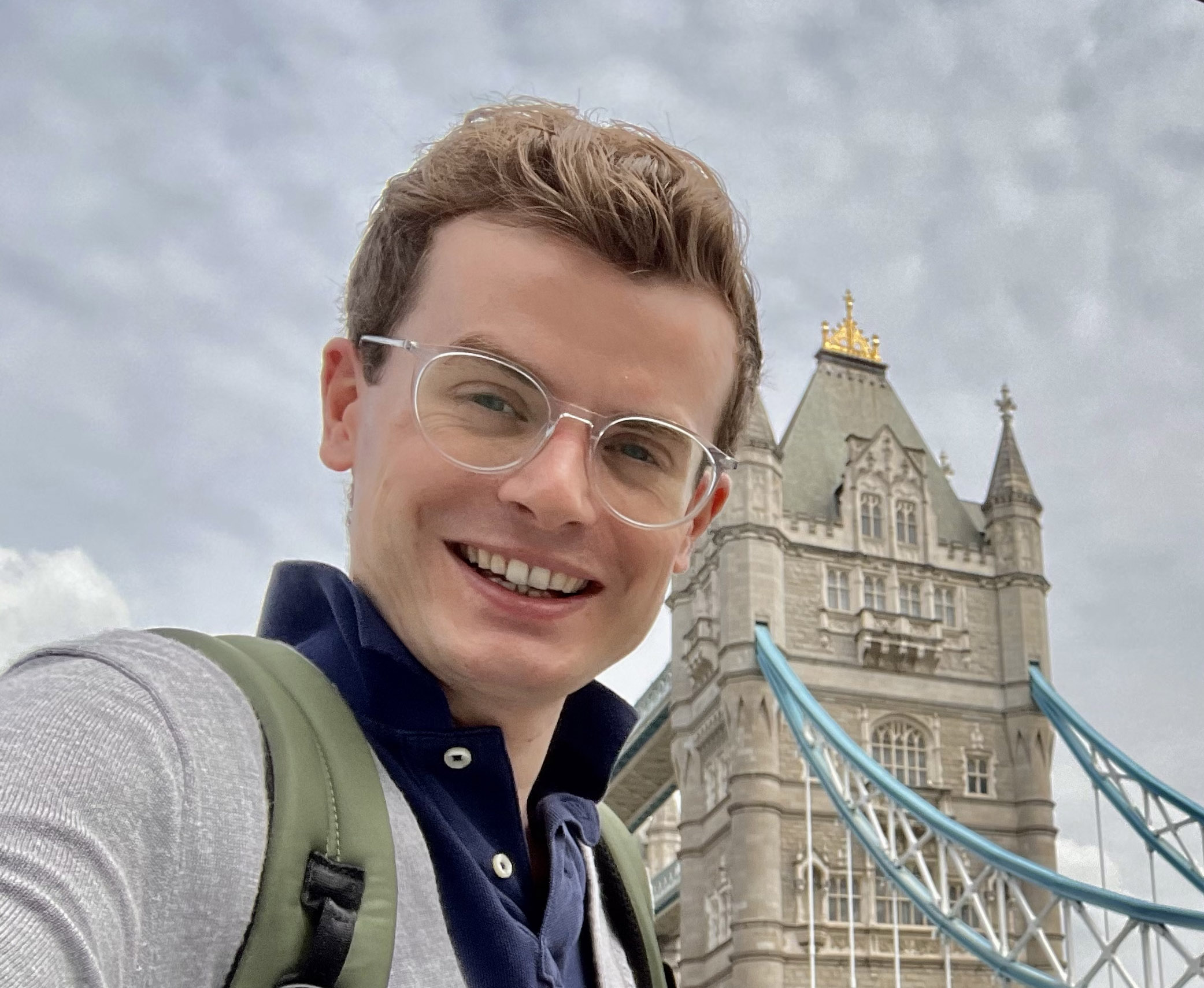
Benjamin Plackett
Benjamin is a freelance science journalist with nearly a decade of experience, based in Australia. His writing has featured in Live Science, Scientific American, Discover Magazine, Associated Press, USA Today, Wired, Engadget, Chemical & Engineering News, among others. Benjamin has a bachelor's degree in biology from Imperial College, London, and a master's degree in science journalism from New York University along with an advanced certificate in science, health and environmental reporting.
Latest articles by Benjamin Plackett

What determines a person's height?
By Benjamin Plackett last updated
At birth, height can be predicted to within an inch or two.
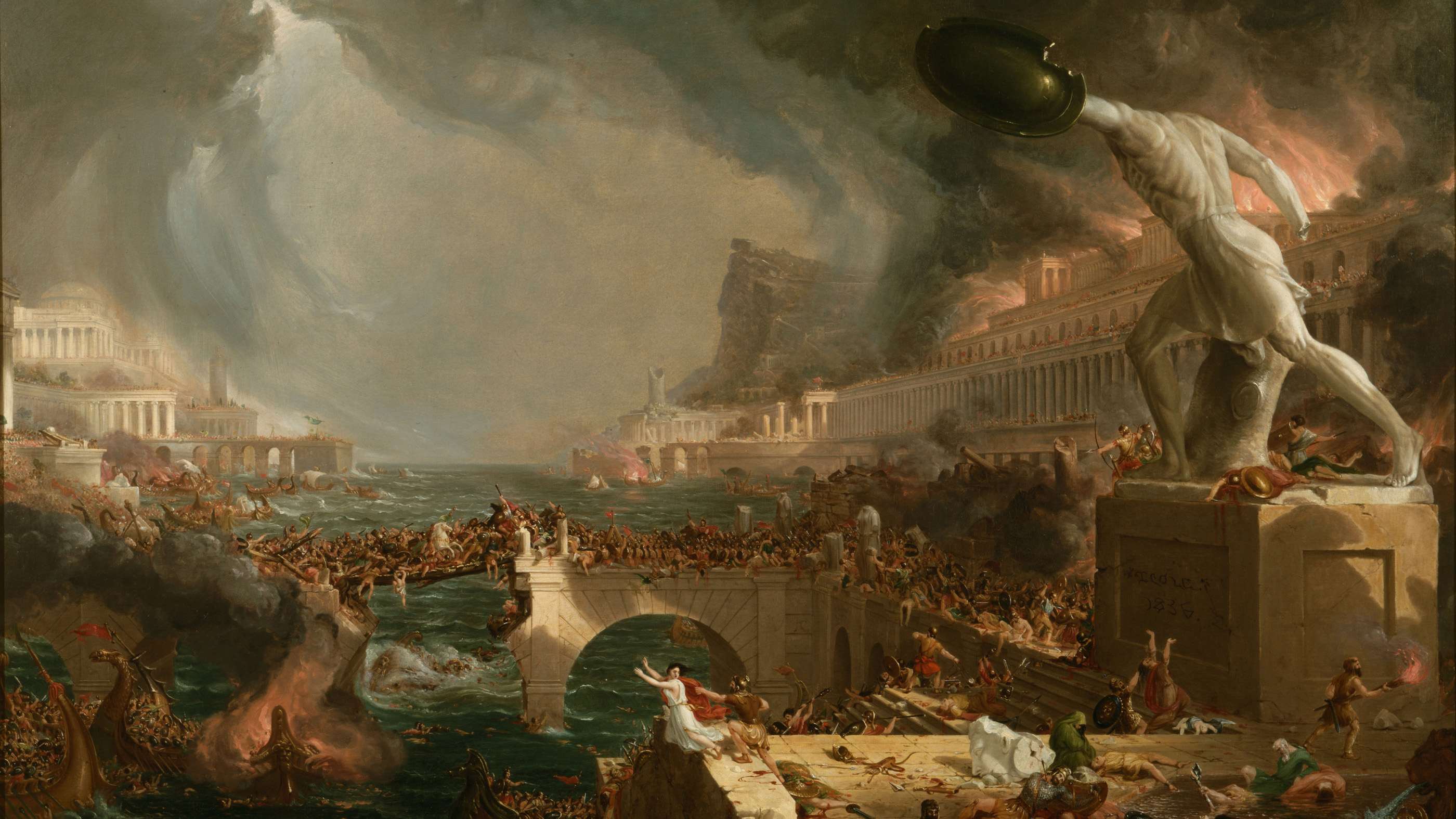
Why did Rome fall?
By Benjamin Plackett last updated
Depends on which Rome you're asking about.
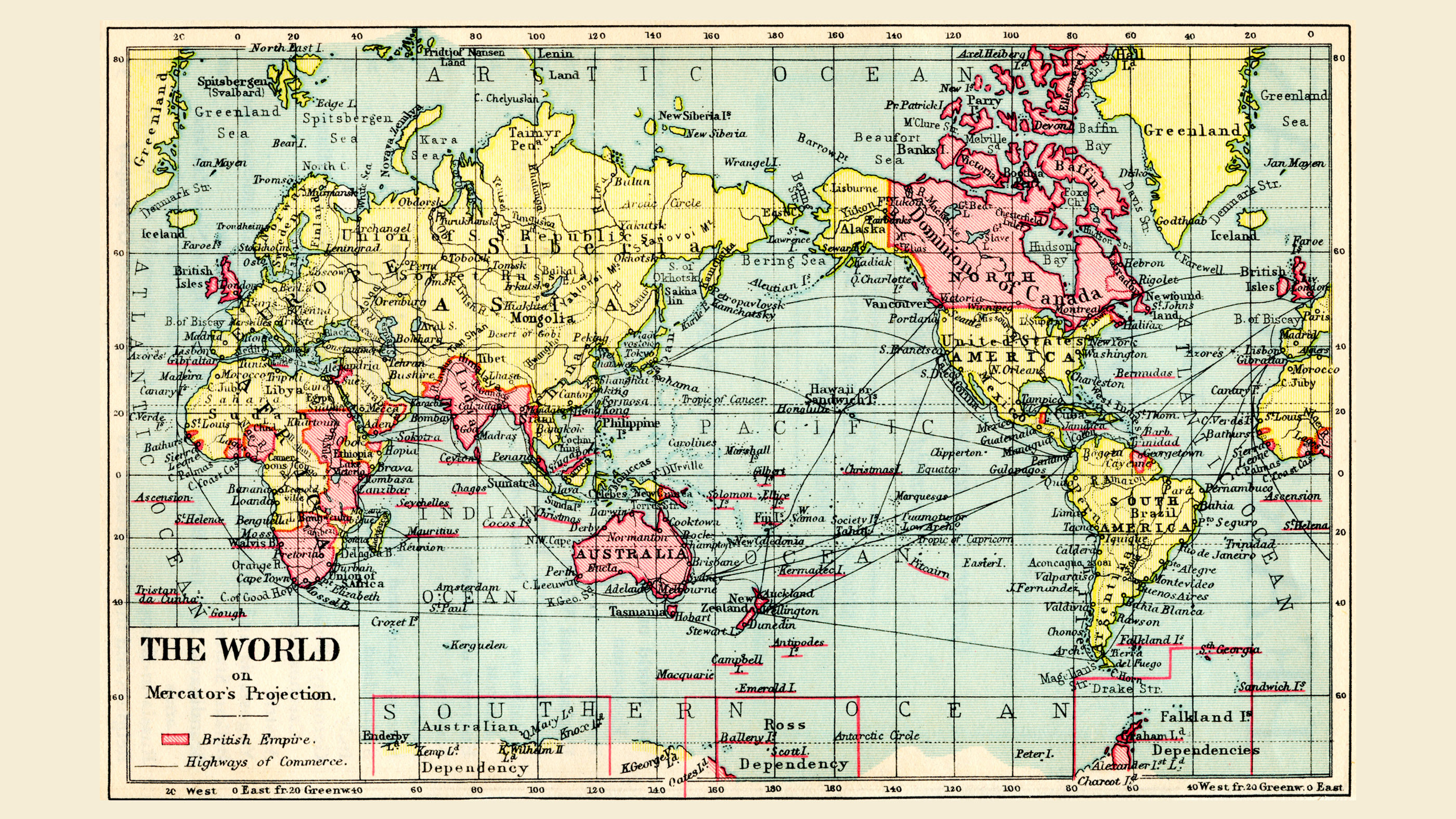
What was the largest empire in the world?
By Benjamin Plackett last updated
You can argue for the British, Persians, Romans, Mongols or pretty much any empire you want.

Does coffee really stunt kids' growth?
By Benjamin Plackett last updated
It's probably fine to give your child weak coffee, as long as you skip the sugar.
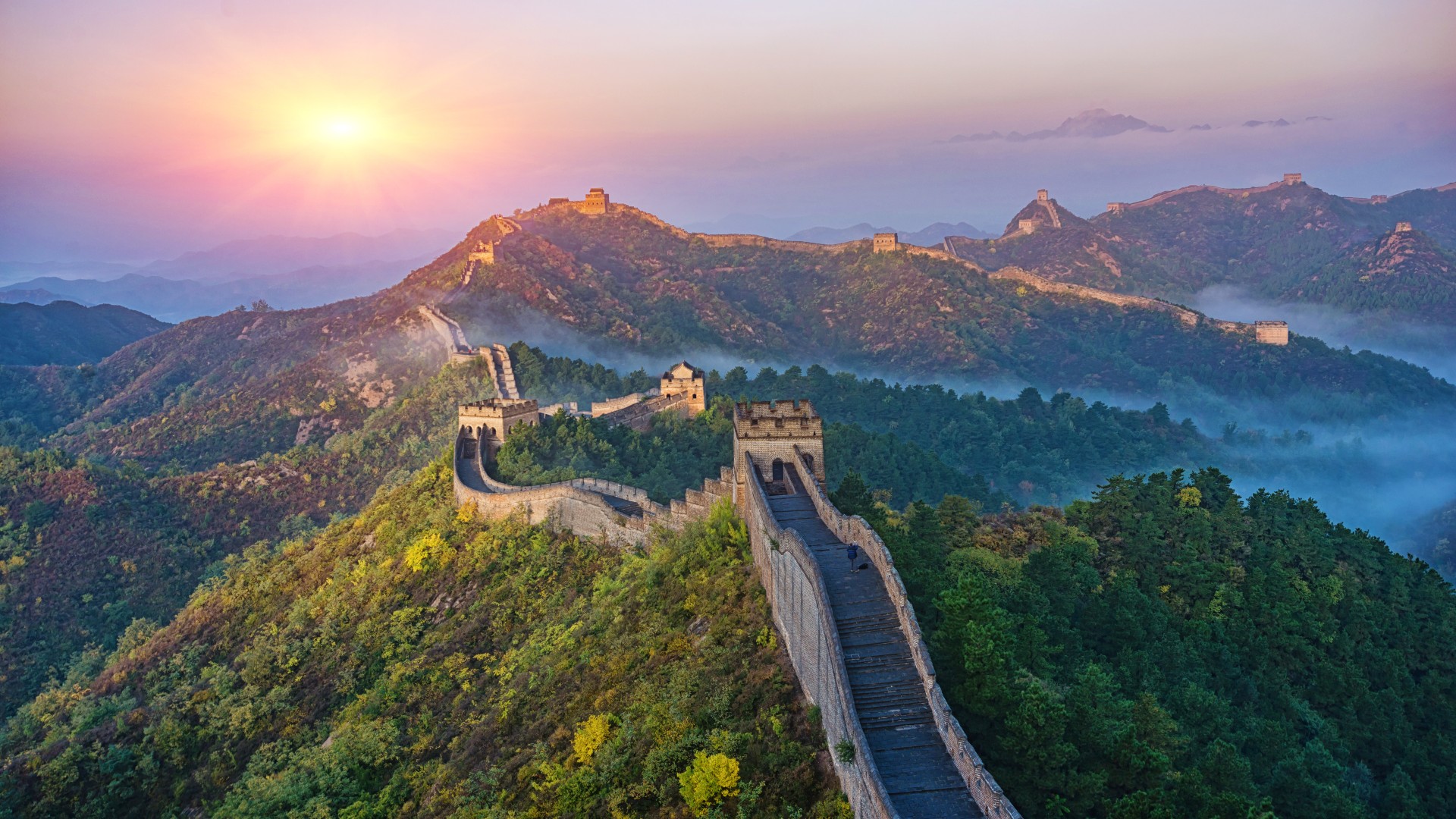
Did the Great Wall of China work?
By Benjamin Plackett published
The Great Wall of China was built to defend the empire from enemy armies, but now it acts as a unifying symbol and a useful propaganda tool for the ruling Communist Party.
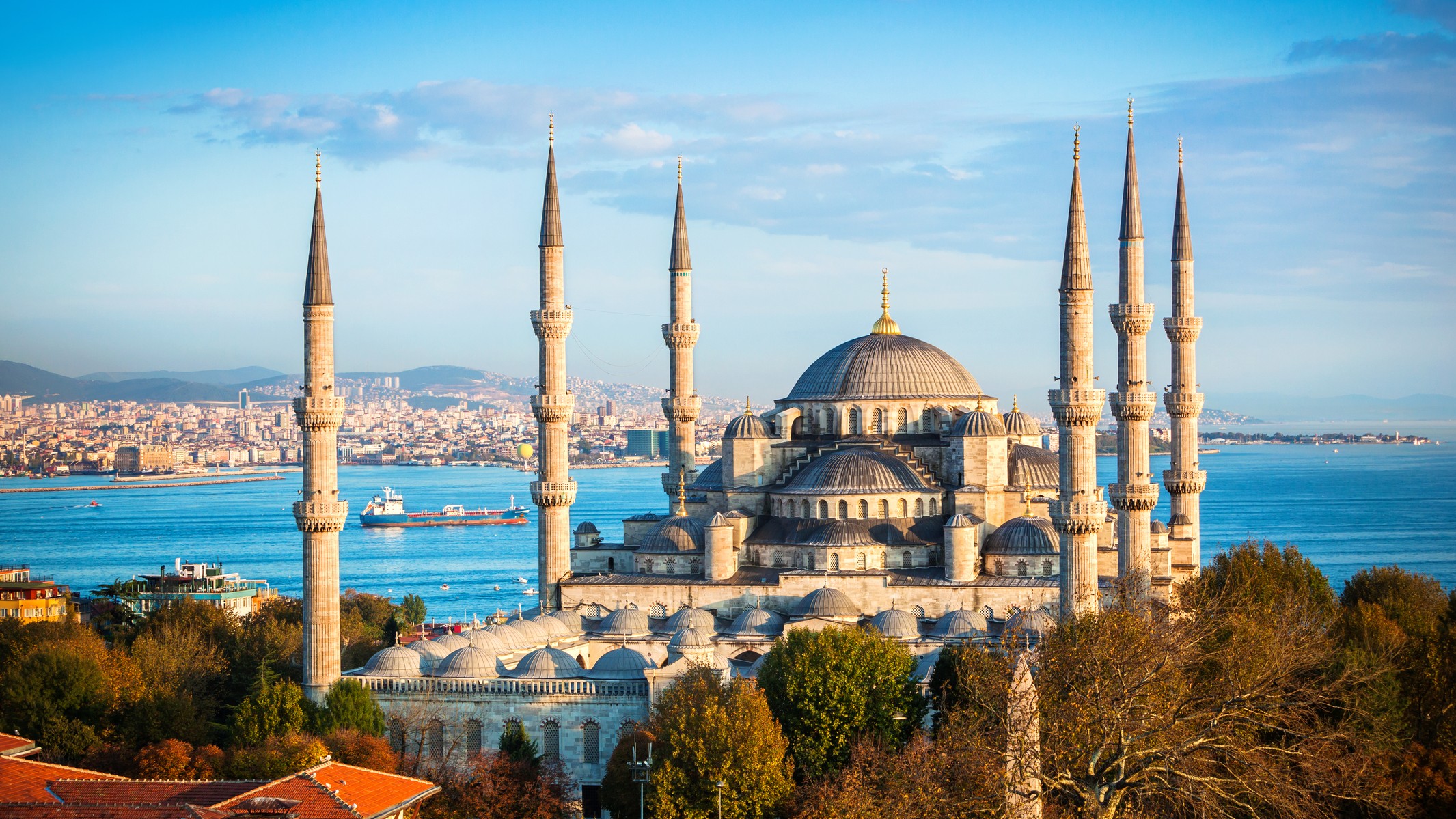
When did Constantinople become Istanbul?
By Benjamin Plackett published
Istanbul has had many names, including Byzantium, New Rome and Constantinople. It didn't officially become Istanbul until 1930.
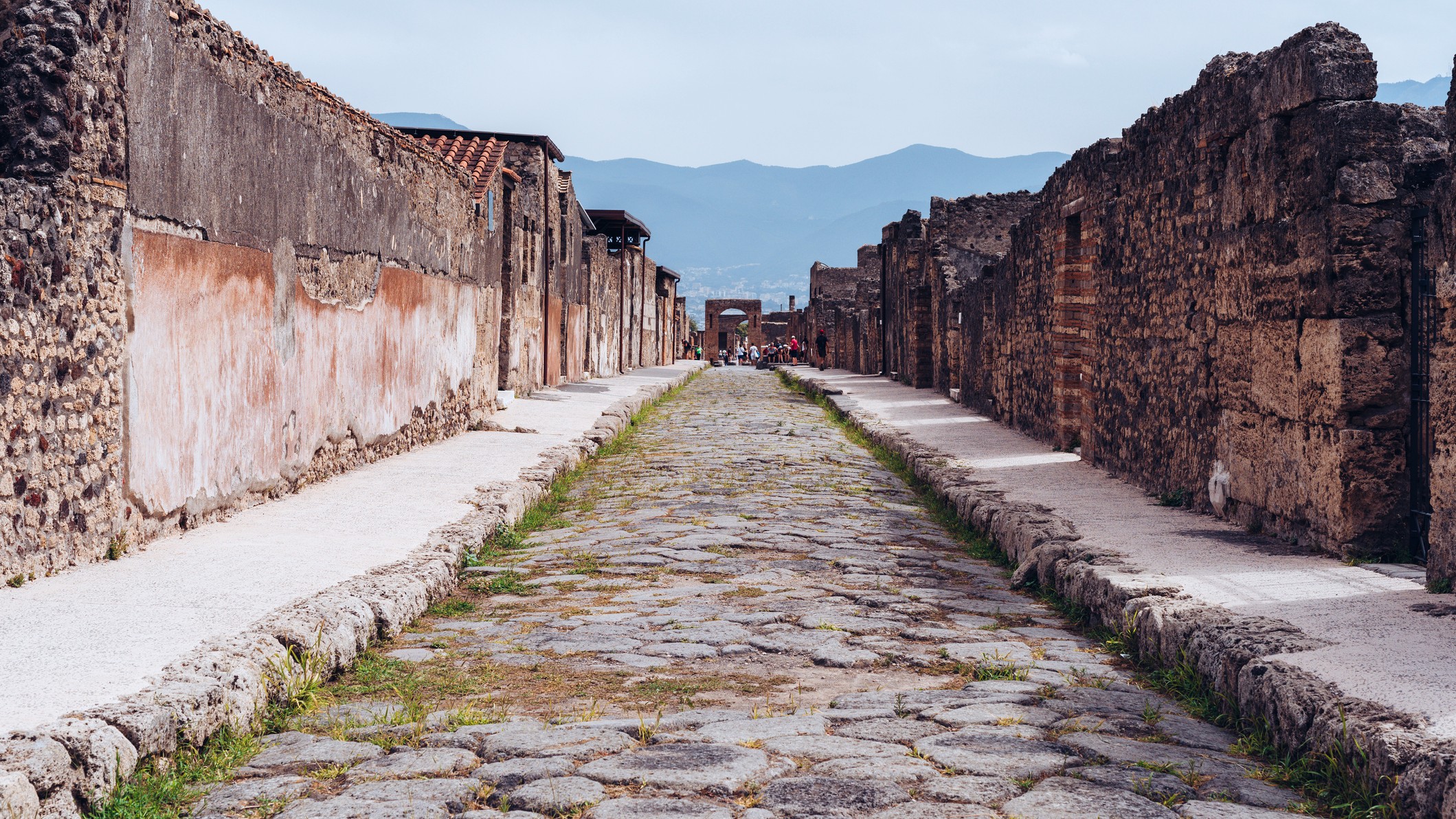
Did all roads lead to Rome?
By Benjamin Plackett published
So long as you're travelling to Rome.

Why do faces become less symmetrical with age?
By Benjamin Plackett published
The aging process doesn't happen equally on both sides, leaving the human face increasingly less symmetrical with age.

Why do you sometimes gain weight after exercising?
By Benjamin Plackett published
Why do people sometimes gain weight after they start to exercise regularly?
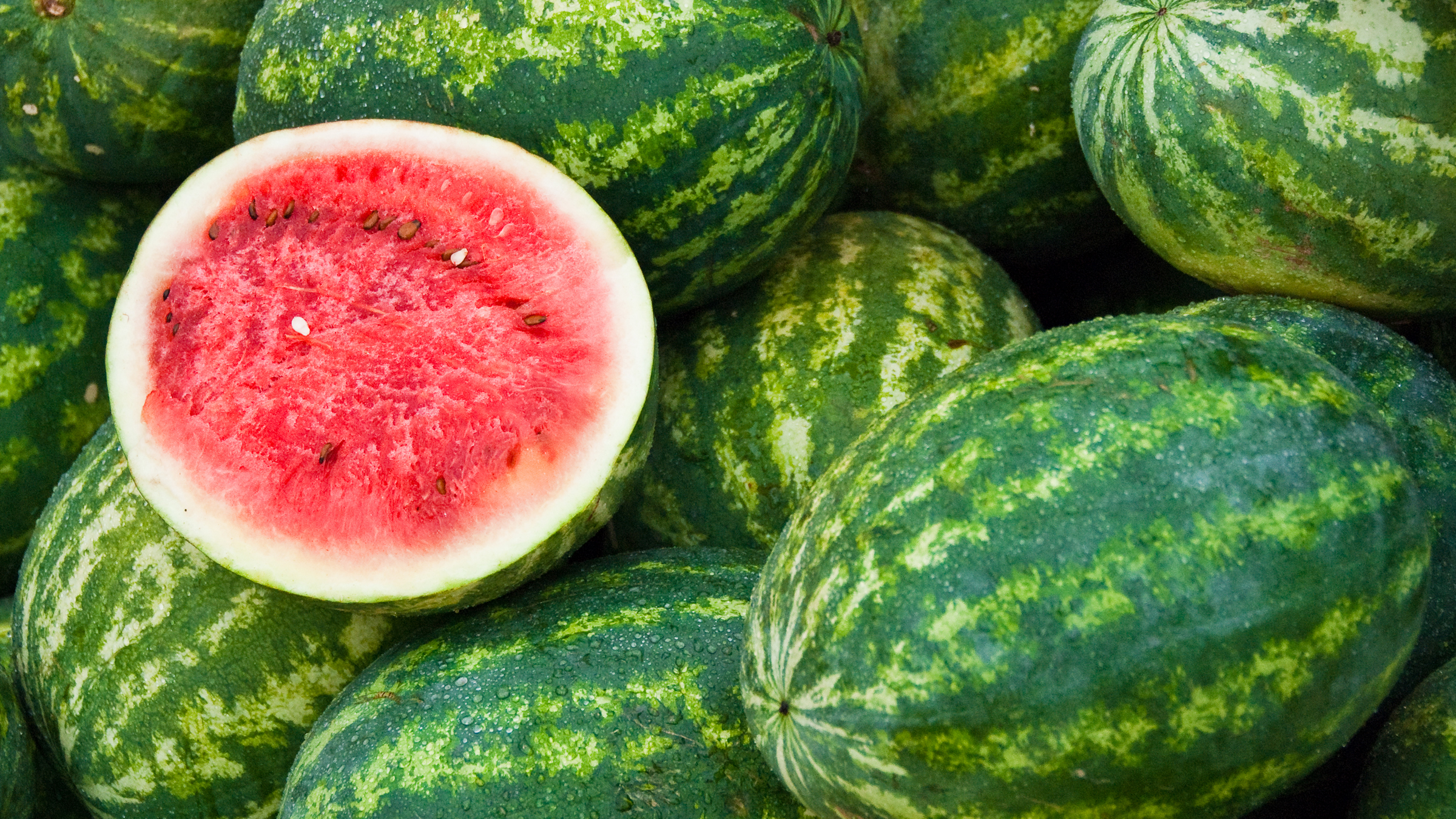
Where did watermelons come from?
By Benjamin Plackett published
New evidence shows that watermelons were first domesticated in Sudan, leading experts to think the region rivals Iraq as a cradle of agriculture.
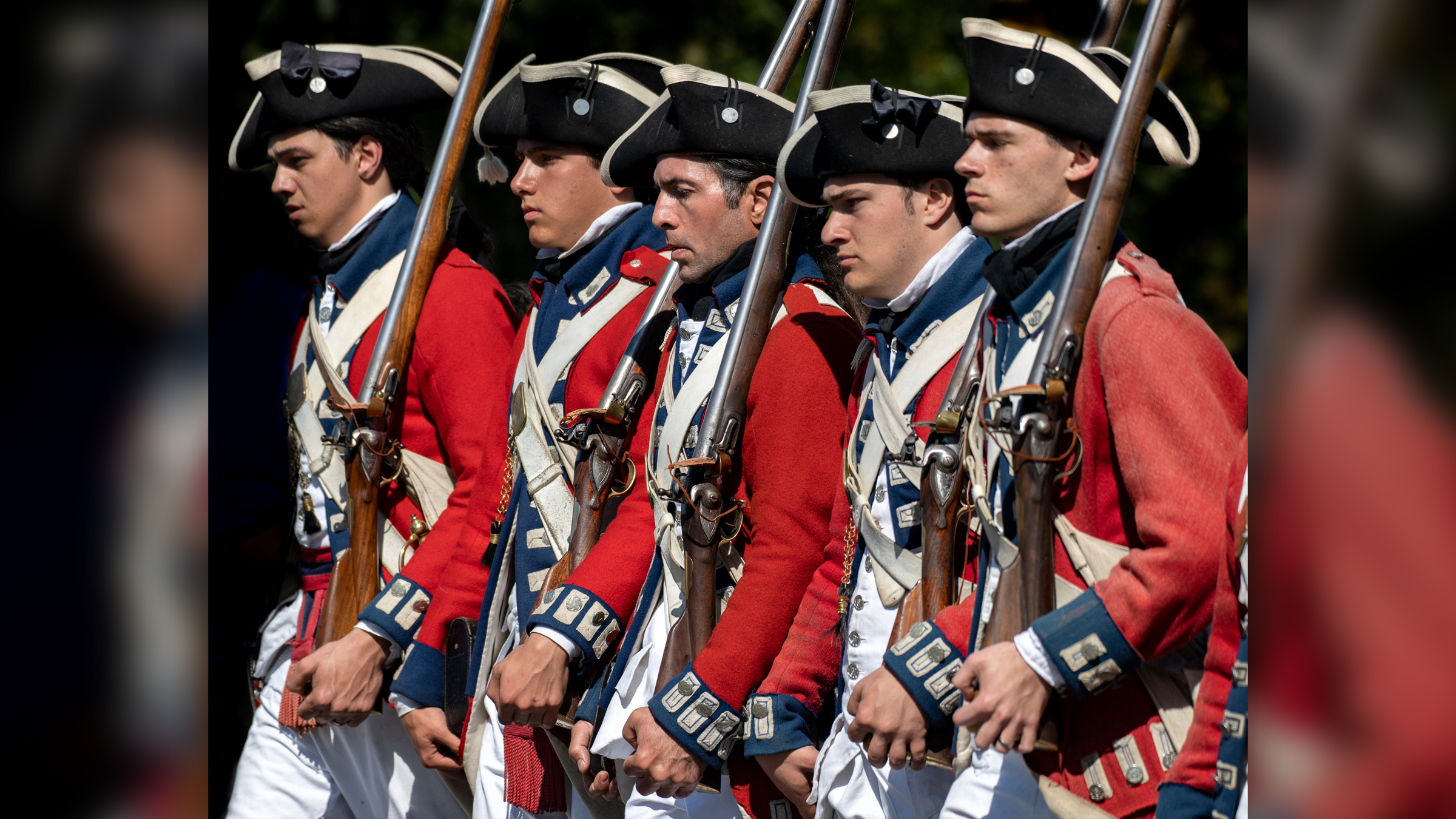
When did the Brits and Yanks become allies again after the Revolutionary War?
By Benjamin Plackett published
While often strained, the U.K.-U.S. relationship got a boost when Roosevelt and Churchill became drinking buddies.

What was the deadliest day in US history?
By Benjamin Plackett published
It's impossible to know for sure the deadliest day in U.S. history because you can end up comparing apples with oranges.
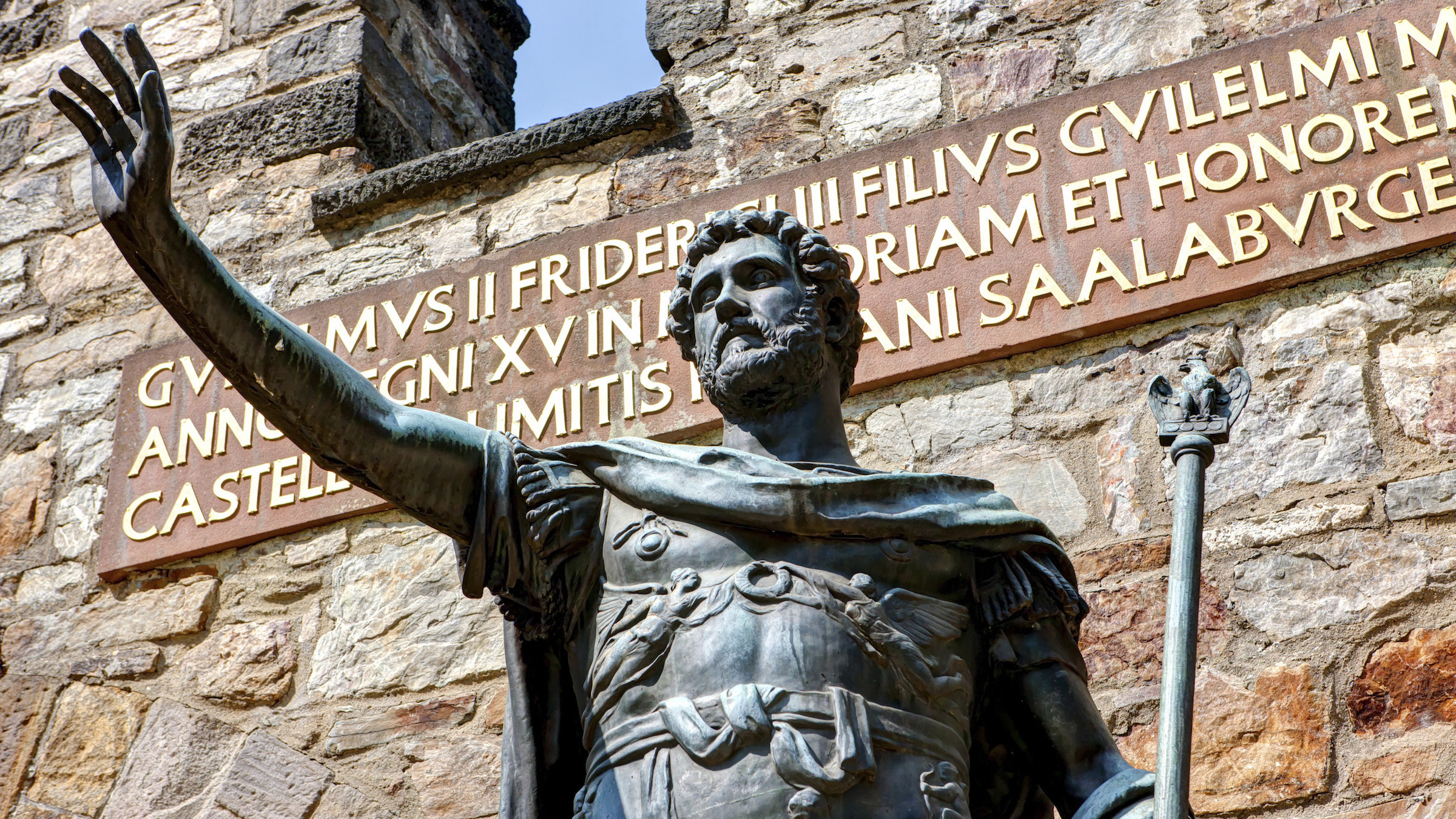
Is Latin a dead language?
By Benjamin Plackett published
Latin is alive and well, but Julius Caesar might struggle to understand its modern form.
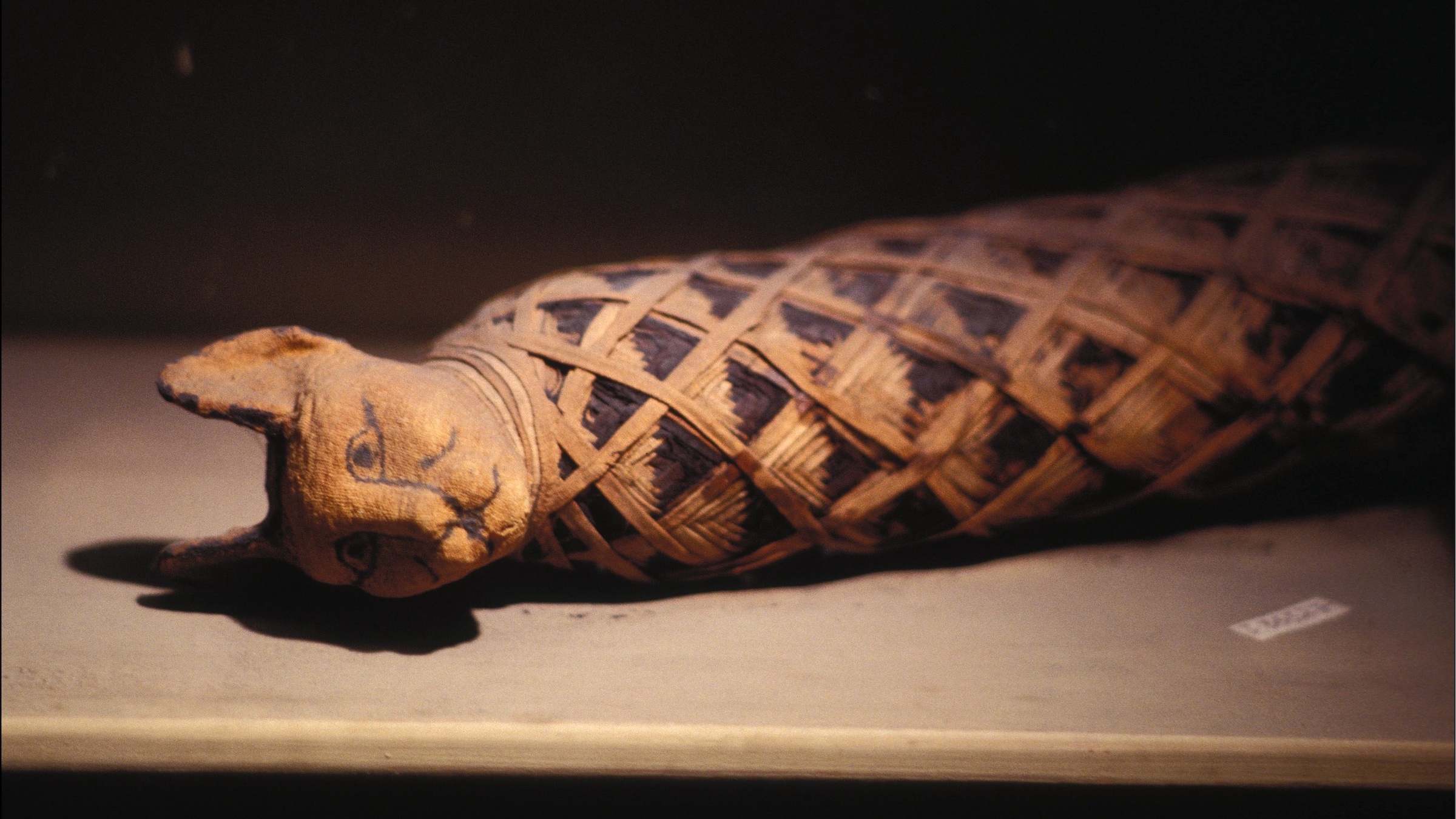
Why were the ancient Egyptians obsessed with cats?
By Benjamin Plackett published
If cats were loved, why were so many sacrificed?

Did Marie Antoinette really say 'Let them eat cake'?
By Benjamin Plackett published
No, the misquote is an example of French revolutionary propaganda.

Is an electric car better for the planet?
By Benjamin Plackett published
It's almost impossible to argue that gasoline-powered cars are better for the environment.

When did lap dogs become popular?
By Benjamin Plackett published
Trends, set by royals and movies, help to influence a dog breed's popularity.
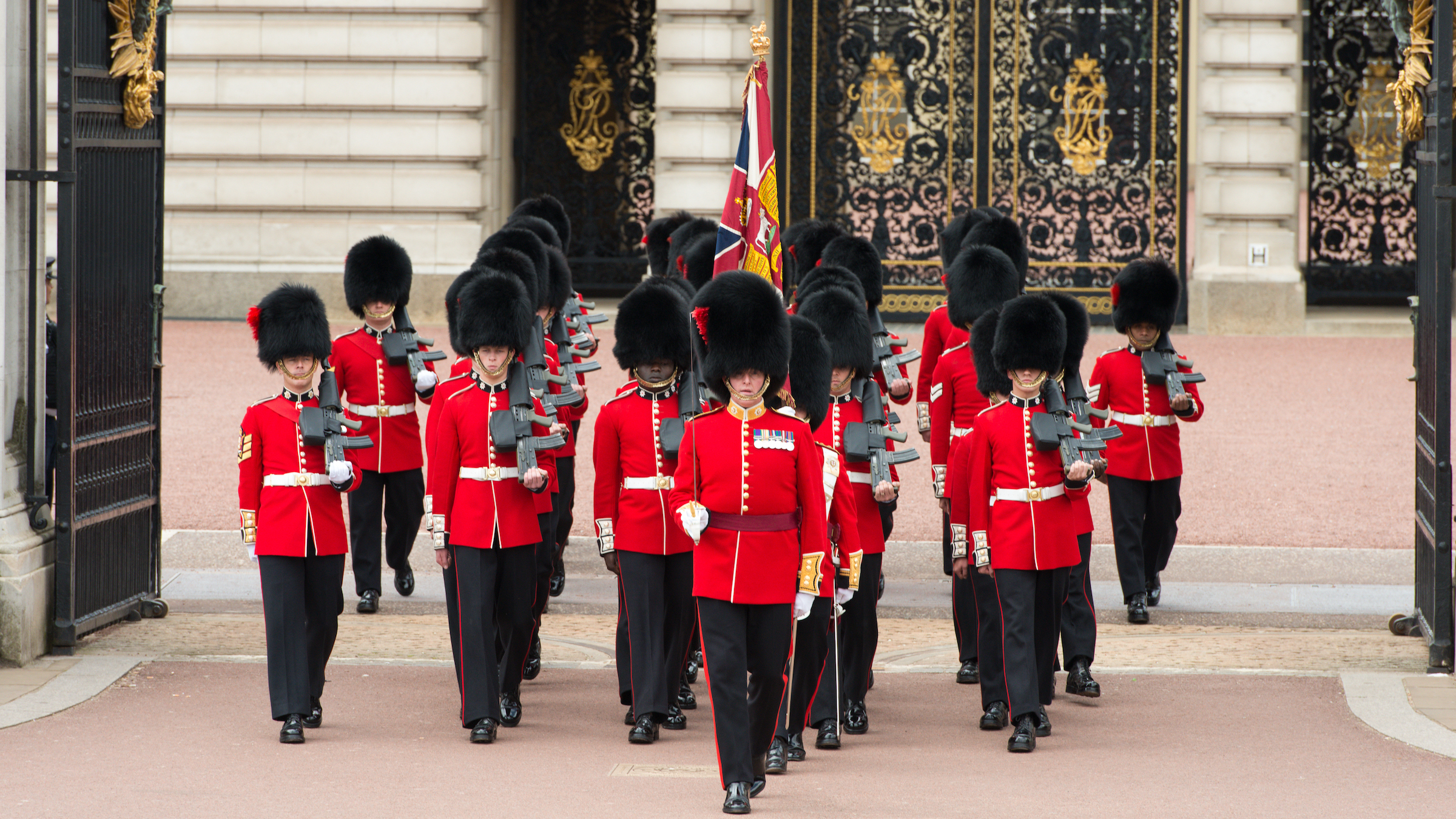
Why do the queen's guards wear such tall hats?
By Benjamin Plackett published
To scare off the queen's enemies.
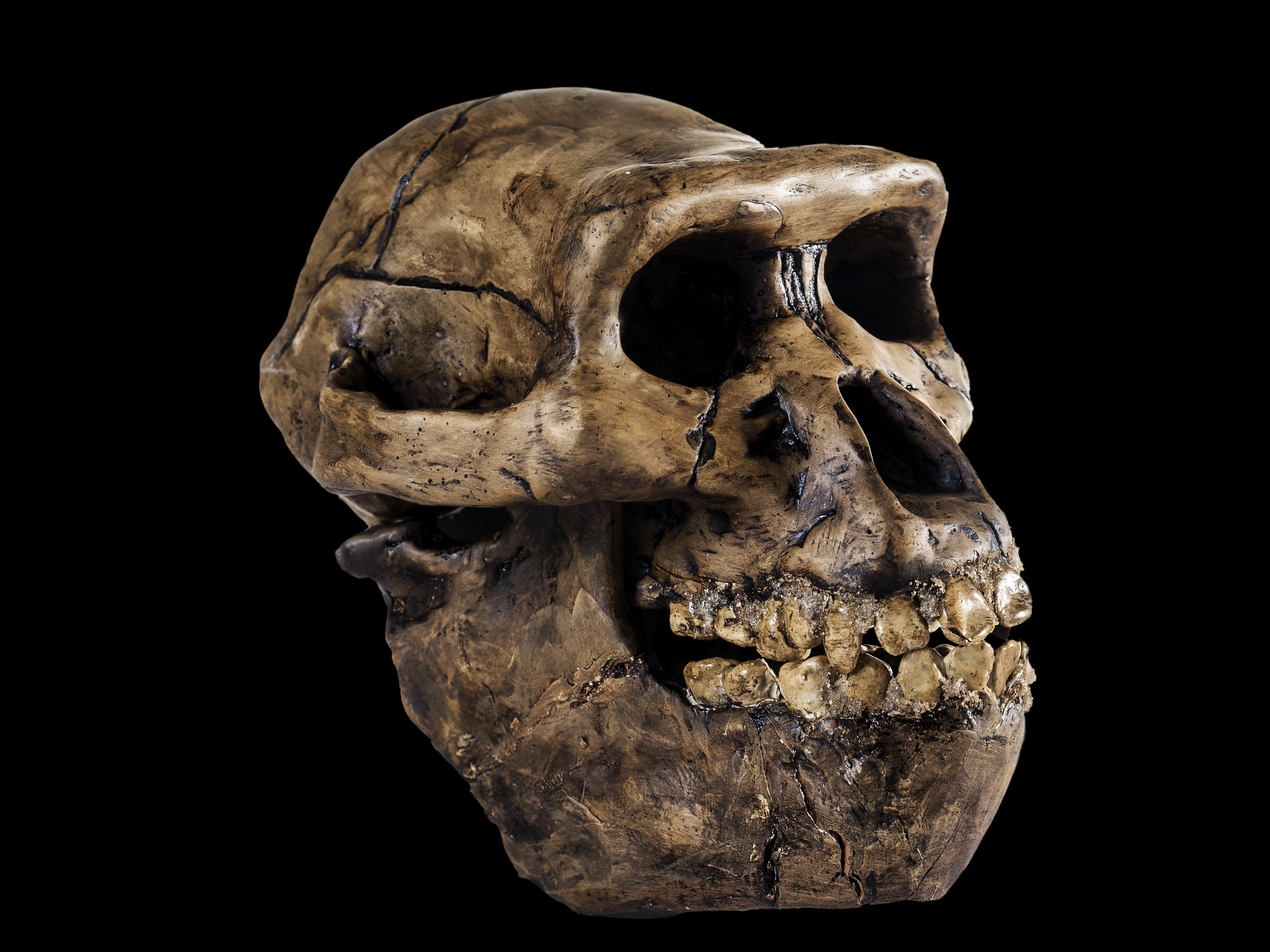
How many early human species existed on Earth?
By Benjamin Plackett published
As we continue to unearth ancient remains, the number of early human species grows.
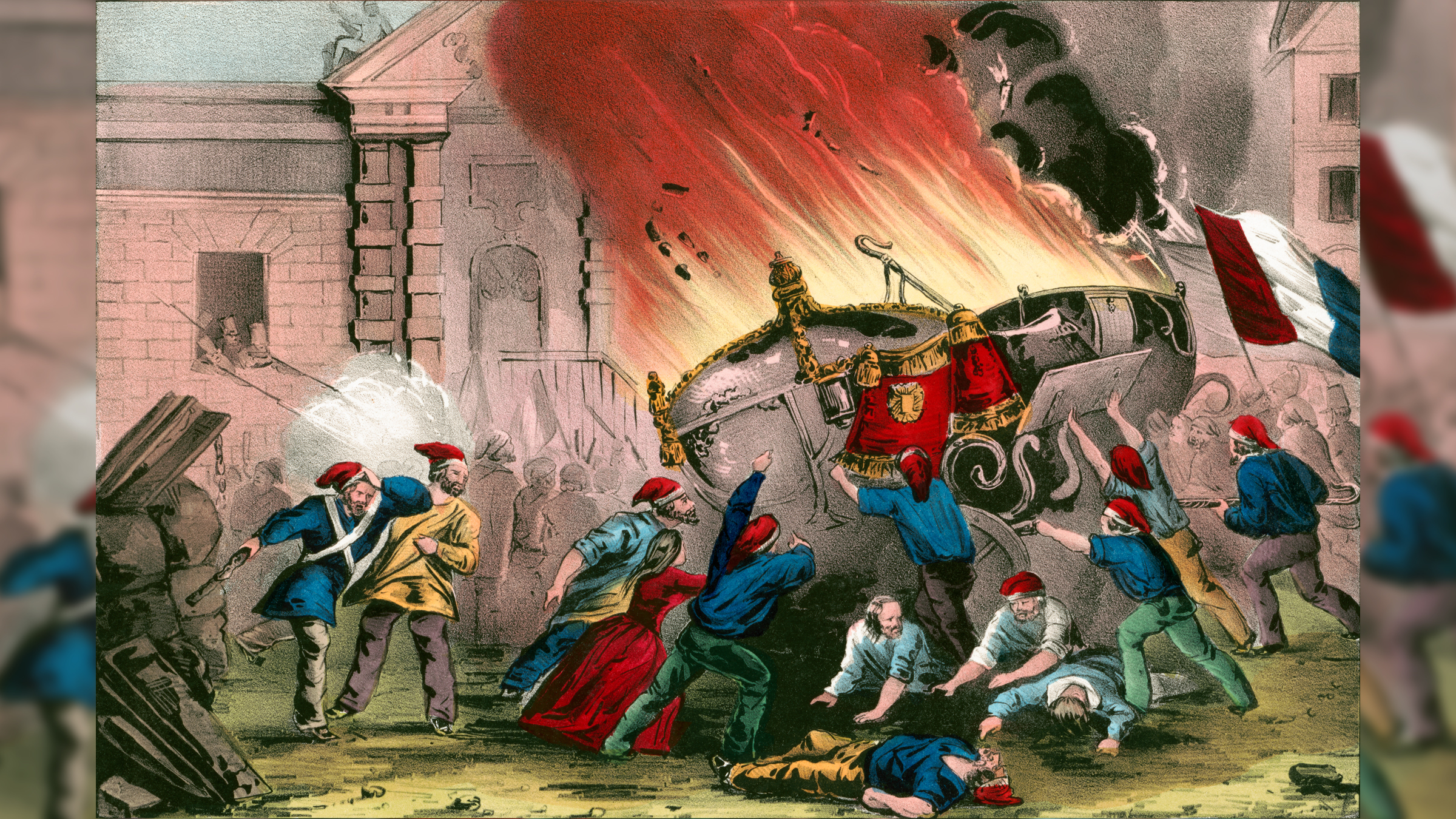
How many French revolutions were there?
By Benjamin Plackett published
It's open to debate, but a lot of the 19th century was spent in open revolt.

Why was Stonehenge built?
By Benjamin Plackett published
No one really knows, but there are a few educated guesses.
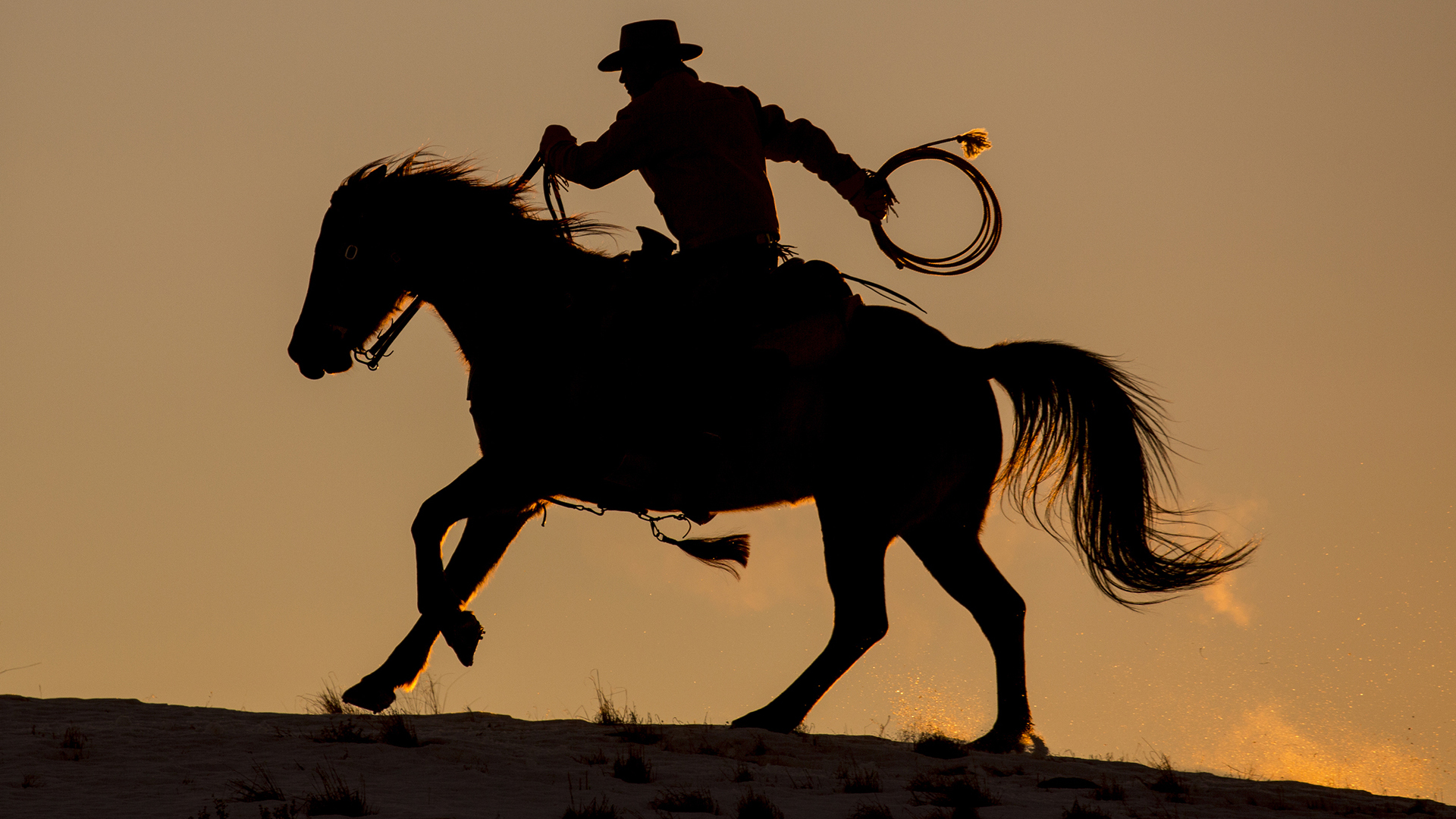
How wild was the Wild West?
By Benjamin Plackett published
While officially lawless, settlers usually weren't all that wild.
Sign up for the Live Science daily newsletter now
Get the world’s most fascinating discoveries delivered straight to your inbox.

